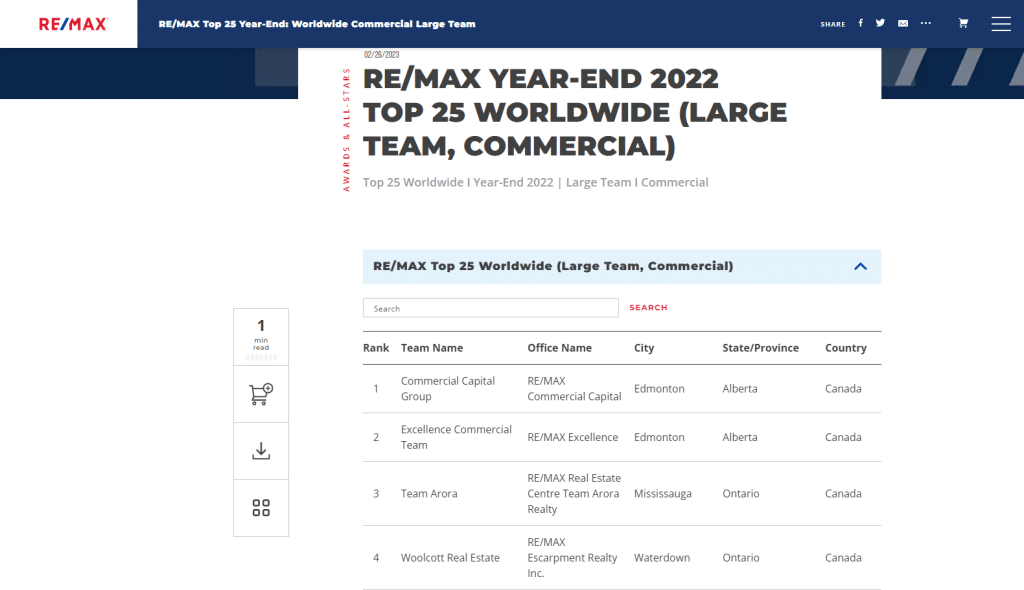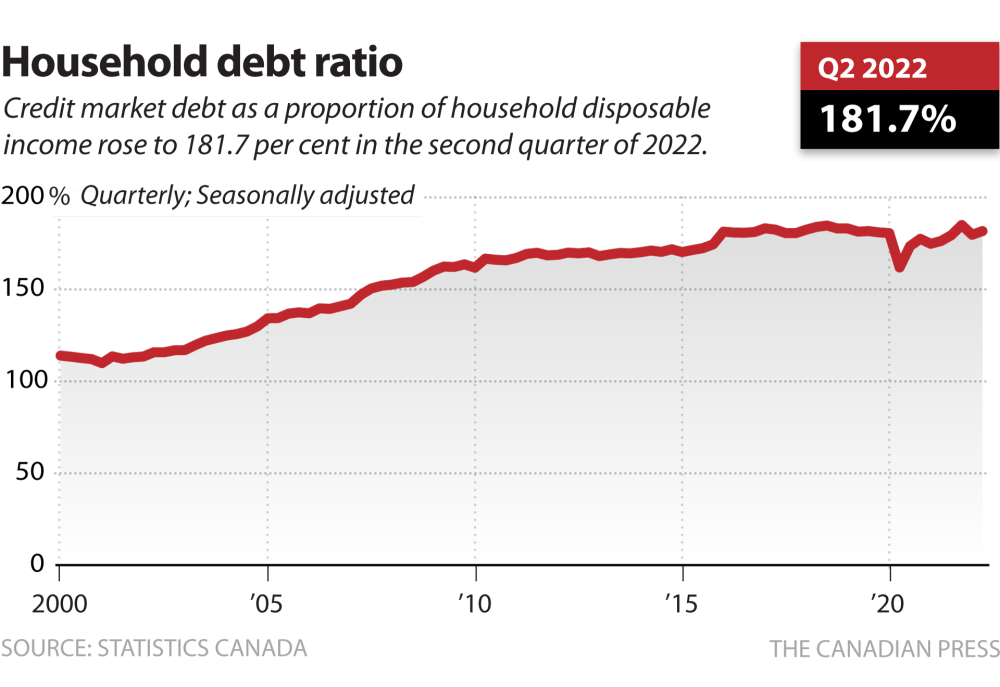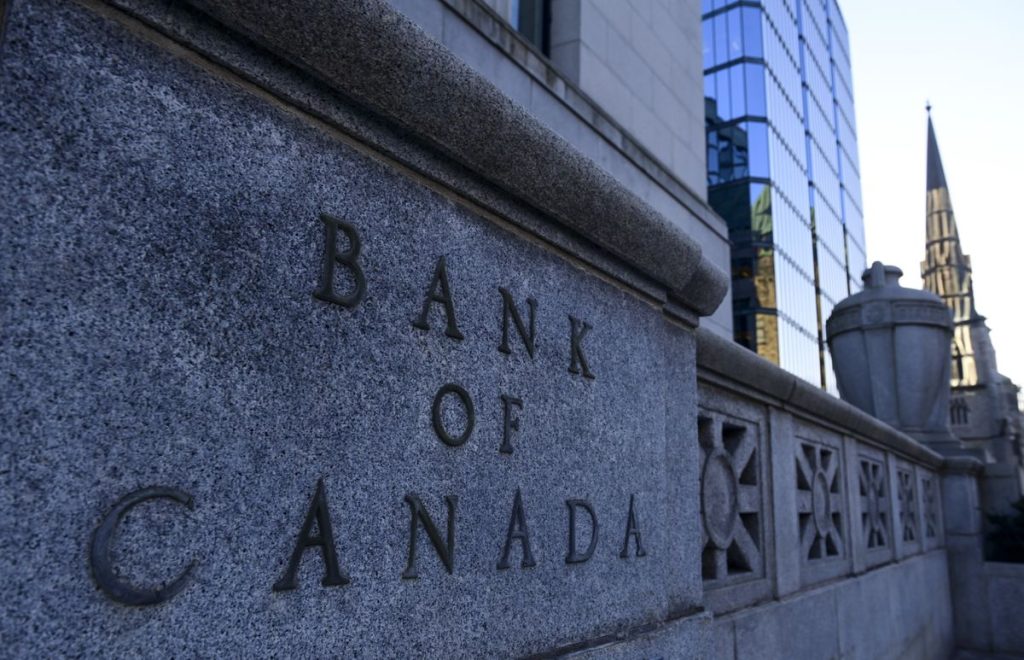Making the wrong decisions in selling your house could hinder buyers from buying and keep you awake in the late at night. However, it doesn’t have to be that way.
Selling your home isn’t easy however, avoiding the home seller’s mistakes is possible if you are aware of what you can expect. You’ve done a fantastic job of saving up for your first home and making mortgage payments and now you’re getting ready to sell your first house.
In order to make sure your home sale hassle-free and place you in the best place to purchase your next home (the ultimate aim) Here are some basic, yet crucial strategies to help you to follow.
Are you looking to avoid the most common errors of home sellers so you’re with a win? Great! These suggestions are extremely doable and can have a huge impact on your life.
TIP 1: Don’t get caught up In Your Feelings Prior to Selling Your Home
If you are selling your home Take a note of Elsa from “Frozen” as well as “let your house sell.”
It’s easy to be caught up in your thoughts about moving away from the home that has provided you with many memories of happiness over the last few years, but you have to consider your home from the perspective of a prospective buyer who has their own personal life, goals and personal preferences. Your home means something completely different to the buyer than it does to you.
Don’t hinder your sale by holding onto the features of your home which could cause it to be less saleable. This is among the most costly mistakes when selling a home.
A mural that celebrates your love for all things “Game of Thrones” could put off a potential buyer. I’m just saying.
It’s crucial to walk through your home with an open mind and look for any decor designs, styles, features, and art work – anything that reveals your individual style. Then put it together in a way that appeals to all potential buyers feasible. An experienced real estate agent can be capable of setting the stage for success in this market.
Let’s get to the real stuff.
Take away photos of your family. It may seem absurd but the truth is that family photos can make it difficult for home buyers to imagine their lives in the house.
Take any advice (and critiques) by your realtor on the way your house appears to potential buyers and ways you can improve it.
Do not retaliate on the most hurtful things. Remember that your agent’s goal is to earn money by helping you earn money and they’re trained to accomplish this.
Don’t take it personal. It’s an important business transaction.
It’s not easy to leave your house and remove yourself from it however, at the end all, the house is an actual house. We know that it’s more than a home; it’s also filled with memories as well. But, you’ll take those with when you leave.
Tip 2. Think twice about for Sale by the Owner (FSBO)
There’s a chance you’ll be able to get FSBO however, very only a few home owners are equipped with the real estate expertise and understanding of the financial aspects of selling homes and trends to market their properties.
You might be an exception and could show some real estate skills however, is it worth the risk?
Many people who list their personal houses and serve as their own agents are doing it in order to avoid paying commissions to agents However, be cautious. Homes advertised by real estate brokers typically sell faster and for more value than comparable homes that are sold by the owner.
Selling a house through FSBO is a full-time, second job. If you decide to go this route it is essential to keep a few things in your mind.
Plan time to do some thorough study. If you’re not familiar with the market, you’ll have to do some task to do to market your home for sale at a fair price, not too high , but not too low.
Selling your house can be a challenge for the most part. There are numerous aspects to pull off a successful display and you’ll want to do perfect the first go.
It’s picking up some really sketchy sounds
In other words is it possible to advertise your house as a pro? Real estate professionals who are good are a great source of information. Are you able to demonstrate the knowledge and time to add networking and marketing to your list of things to do? If so you should consider a time management self-help manual in the near future.
Listing your house on the market with unprofessional images can turn away a lot of potential prospective buyers. Even if you’re not able to afford the money to pay a professional estate photographer, your property might end up generating more LOLs than excitement when potential buyers go online to look it up.
MONEY HACK
If you choose to go with the FSBO option, ask a trusted person to see if the listing you are selling is appealing. You might be far from your house to evaluate things from a distance.
TIP 3: Grab the Bag but don’t Be a snob when pricing your Home
It’s possible that this isn’t the best idea However, the more honest you are in estimating the value of your house for sale when you decide to sell, the greater amount of cash you’ll receive sooner.
The reason is that houses with high prices are more likely to remain up for a lengthy period of time.
It’s not just that it delays the process of selling your house until you’re forced to lower the price down however, it may also create your home a bad reputation as prospective buyers notice that it’s on the market longer than similar homes.
It is possible that they will be wondering if the home needs repairs or if the house is haunted which could lead to them haunting your house.
Pricing it correctly: appraisals and comps
Similar houses (aka Comps) are the most effective way to arrive at an amount that people would actually be willing to pay for your home. Comps are essentially houses that are similar like yours , and have recently been sold.
If you don’t see any similar homes that sold in the past 3 to 6 months, think about making an appraisal. An appraisal is when a professional arrives and examines every single aspect of your home in order to determine what it’s worth.
Determine the price to be offered by using one of the above techniques. If you employ an agent from a real estate agency to manage it, follow their suggestions on pricing your house – regardless of whether you agree or not.
Do not ask for a price which is based on the amount you’d like to make or what you believe your house is worth. If a reasonable price would hinder you from earning a profit you might want to consider staying there until you’ve paid back the mortgage or, if you’re able to you could let it go.
Be fair and honest when negotiating. Giving and taking is aspect of negotiation. Let’s say that your seller is concerned about closing expenses. Maybe you can assist them in covering the cost in the knowledge that you will not be as flexible when it comes to adjusting the price.
TIP 4: Never Cover Up Anything in the event of selling a home with Problems
When you’re selling your house You’ll need to record all the things you can see that are not right with your home in the seller’s disclosure.
Without Cap Say the truth (and absolutely nothing else) about the condition of your home
Do not be shy.
Honesty now reduces the chance of delays in sales (or perhaps lawsuits) later on.
If you’re using an agent in real estate (or you’re friends with an inspector for your home who can perform this service for you at no cost) take a brief tour with them. They’ll probably be able identify other problems you weren’t aware of.
Whatever the issue regardless of whether it’s a huge, terrifying one for buyers of homes include it in the disclosure. Your agent will be able to help you make adjustments to the price you offer so that the issue is less of a barrier to buyers.
Apart from being morally untrustworthy Not telling potential buyers about previous water leaks, fires, foundation repairs, and other damages could affect the value of your home.
If a home inspection requested by a potential buyer exposes the issues up the buyer may opt to back out of the purchase that they are entitled to do during the due diligence period.
Tips 5: Maintain Your House at a Glance until It’s Ready for its Closeup
Improve the appearance of your home than ever. One of the most common home selling mistakes is failing to prepare for open houses. It’s easy to make a poor first impression.
A home that’s properly designed will be more comfortable. Let’s face it the effect is just different.
When you see a mucky lawn and spider webs in the entranceway, and a damaged front doorknob, how would you consider? Home buyers are no different.
Put your best foot forward. You’re aware of the house that is for sale on the street could be.
Do all the minor repairs you might have put off. Cabinet drawers that are sticky, leaky faucets, damaged drainage … Get rid of all of it or be prepared for trouble when you make an offer.
If you’re in need of assistance to handle everything, go ahead. However, if you’d like to take your financial security seriously make sure you consult your realtor to confirm that it’s worth paying for before hiring someone else to handle it.
After you have fixed the issue Keep them running and tidy.
Vacuum, sweep and sweep often. Do not forget about the windows, too. It’s not an easy task to wash, but don’t forget about the tracks that windows are on and clean up all that gunk out. We don’t know the cause but it’s got to go!
TIP 6: Never Guess What to Fix when Selling the house
A carefully planned, cost-effective renovations will cover the cost by improving the selling worth of your home for example, replacing old appliances with brand new stainless steel ones.
Don’t start with a project simply because you think everything new is great.
Certain renovations won’t raise your selling price enough for you to pay the cost even if they would appear great in a magazine.
If your renovation isn’t impressive, when compared against the other house or other houses within the area it is likely that you won’t get the value you put into it.
Also, be sure to beware of renovations that do not follow current trends or are unusual and unorthodox. Be consistent but not enough to draw the largest number of potential buyers to your home.
MONEY FACT
Buyers pay attention to bathrooms and kitchens. Sellers who are smart should begin there when they are considering making upgrades.
Tip 7: Beware Not to be Excited by the Cost to Sell Your House
Making preparations to sell your home and paying closing costs could cut into the expected profits.
It’s exciting to research what your home might be value when you’re ready sell it. If the real estate agent you use offers it for sale at a price that is even more than that the experience can be thrilling.
However, you’ll have to cover closing expenses (including that of your buyer in the event that they’ve agreed to this). If you’re not selling your home by yourself, the commissions paid to agents will eat up the money you earn by selling your house.
The cost of these costs alone could result in thousands – even tens of thousands of dollars.
Before you put your house on the market ensure that you’re ready for the reality of the money you’ll earn through the selling of your home after these expenses have been factored into. This will help inform the decisions you make regarding selling your home moving forward.
Consider it as follows: If you make less than the amount you have to pay on your mortgage, it might not be worth selling your house now, even if you don’t need to. If you’re making a an income that’s healthy what does it impact the look for your next house?
Congratulations! You’re a champion home seller right now.
Did the tips you read help? We’d like to believe that it did! The key is not to be a victim to anything. Consider frequent mistakes that you may make far ahead of time, and inquire with your real estate agent (or Google) how to most effectively avoid them.








![Assignment Sales Toronto in the Pre-Construction Market [February 2023]](https://www.teamarora.com/wp-content/uploads/2022/11/toronto-assignment-sales.jpg)


